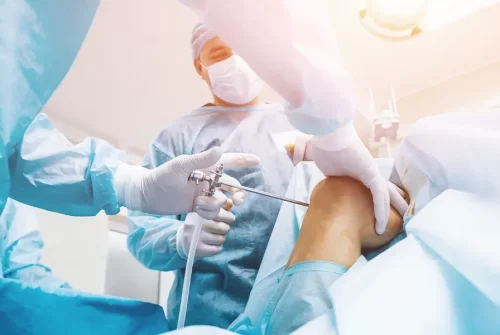
Preventive dentistry is more than just maintaining a beautiful smile. It is a proactive approach to safeguarding your oral health and overall well-being. By focusing on prevention rather than treatment, this branch of dentistry aims to identify potential issues early on, preventing them from developing into more significant problems.
From routine dental check-ups and cleanings to patient education and personalized oral hygiene practices, preventive dentistry is vital in promoting healthy teeth and gums. It will be ideal for you to understand the fundamentals of preventive dentistry, its importance, key strategies, and the long-lasting benefits it offers. If you need more practical tips concerning preventive dentistry, contact a dentist in Jackson Heights, New York.
Understanding preventive dentistry:
- Regular dental check-ups
Regular dental check-ups are a fundamental aspect of preventive dentistry. These routine visits allow dentists to assess and monitor oral health, identify any early signs of dental problems, and provide timely interventions. Through comprehensive examinations, including dental X-rays and screenings, dentists can detect issues like tooth decay, gum disease, and oral cancer in their initial stages. Regular dental check-ups are crucial for maintaining optimal oral health, preventing potential complications, and promoting early treatment when necessary.
- Professional teeth cleanings
Professional teeth cleanings are an essential component of preventive dentistry. These specialized cleanings performed by dental professionals remove plaque, tartar, and stains that regular brushing and flossing may miss. By meticulously cleaning your teeth, gums, and hard-to-reach areas, dental hygienists prevent the buildup of harmful bacteria that can lead to cavities, gum disease, and other oral health issues. Regular professional teeth cleanings promote a clean and healthy smile and contribute to oral health and well-being.
- Oral health education
Oral health education is a vital aspect of preventive dentistry. It involves providing patients with knowledge and guidance on proper oral hygiene practices. It includes teaching effective brushing and flossing techniques, emphasizing the importance of regular dental check-ups, and educating individuals about the impact of diet and lifestyle on oral health. Through oral health education, individuals are empowered to take proactive steps to care for their teeth and gums, prevent dental problems, and maintain long-term oral health.
- Early intervention and risk assessment
Early intervention and risk assessment are critical components of preventive dentistry. Dentists evaluate patients for potential risk factors predisposing them to oral health problems. By identifying these factors early on, such as genetic predisposition, poor oral hygiene habits, or confident lifestyle choices, dentists can tailor preventive measures to mitigate risks. Through regular check-ups and personalized treatment plans, early intervention addresses concerns promptly, preventing the progression of dental issues and promoting long-term oral health.






